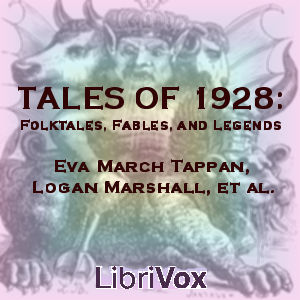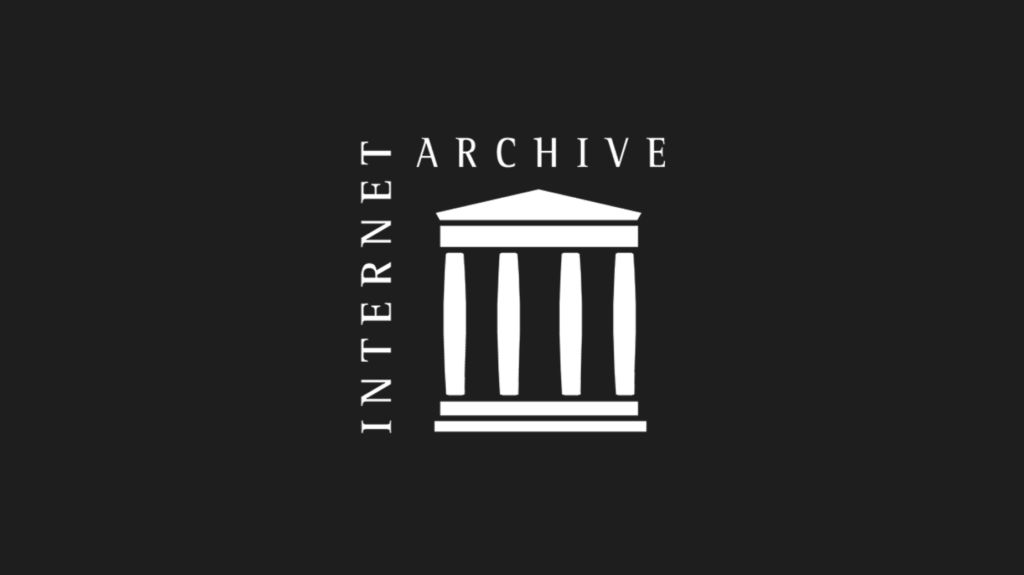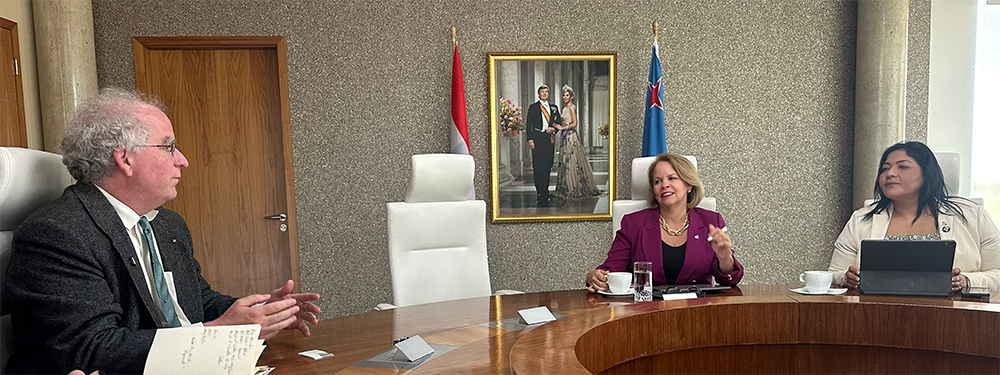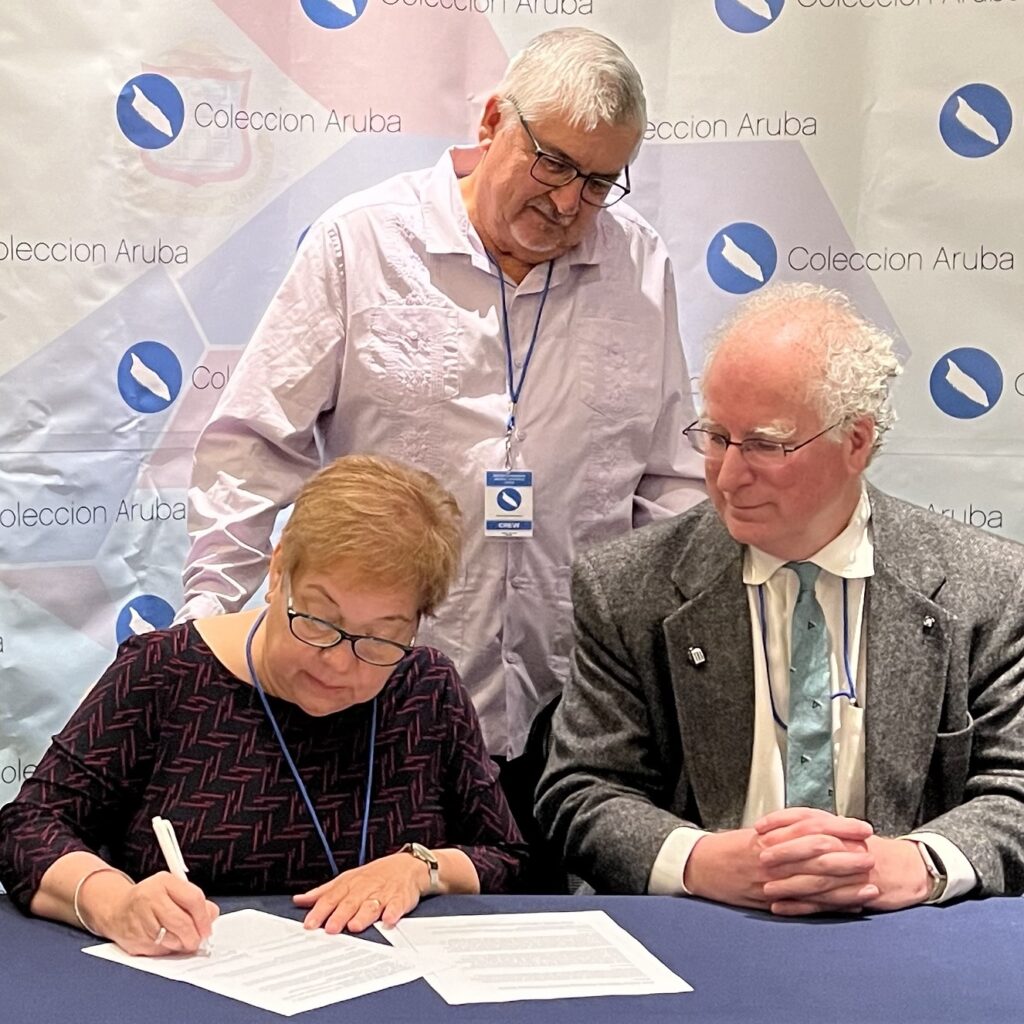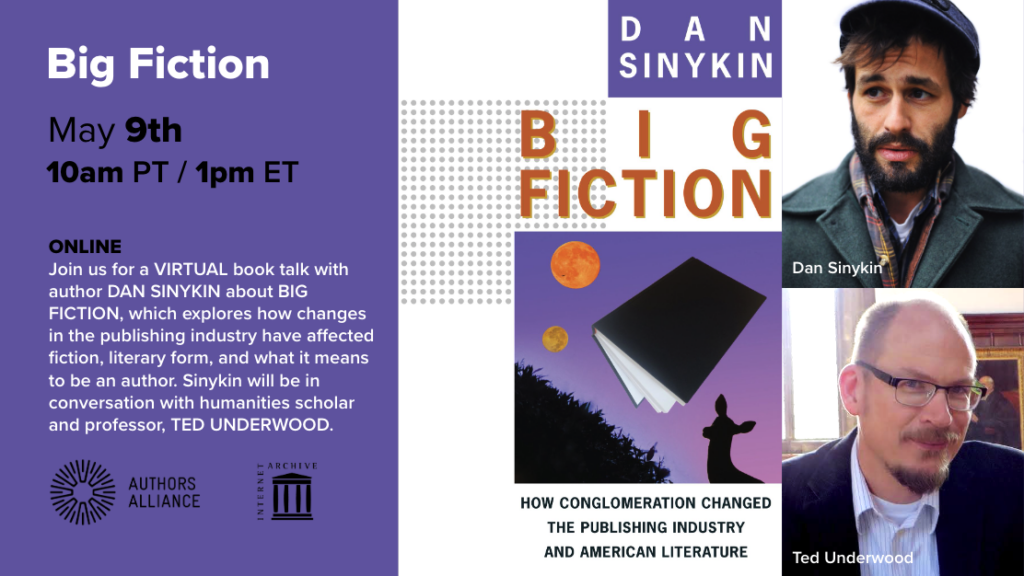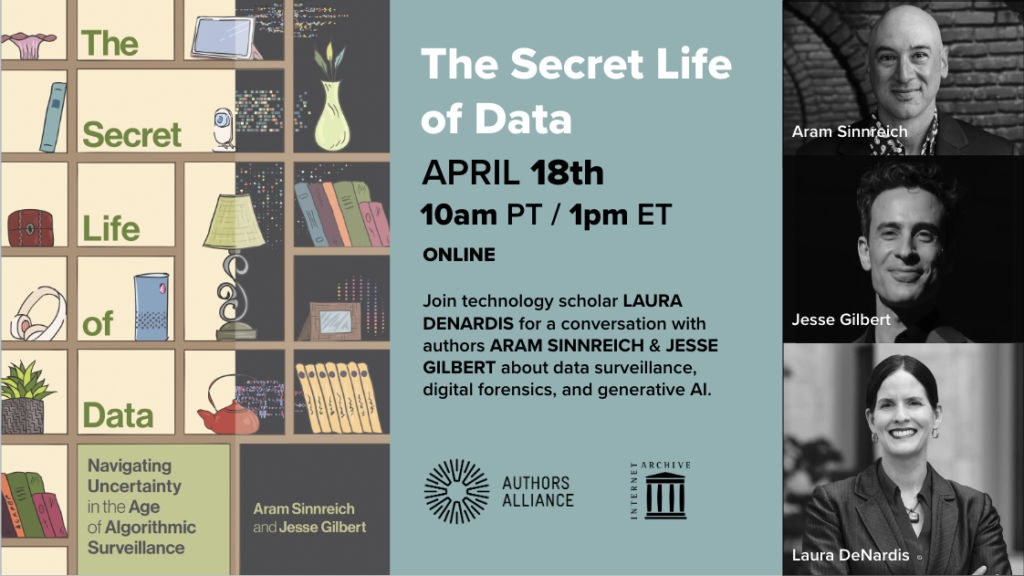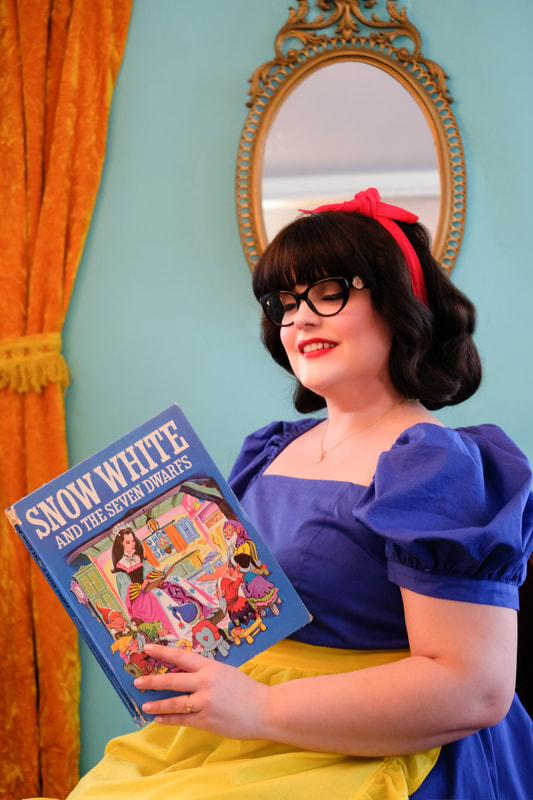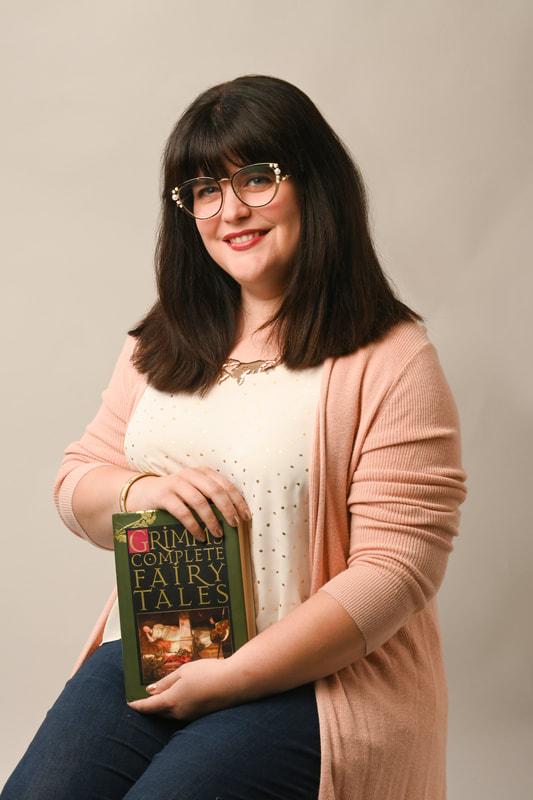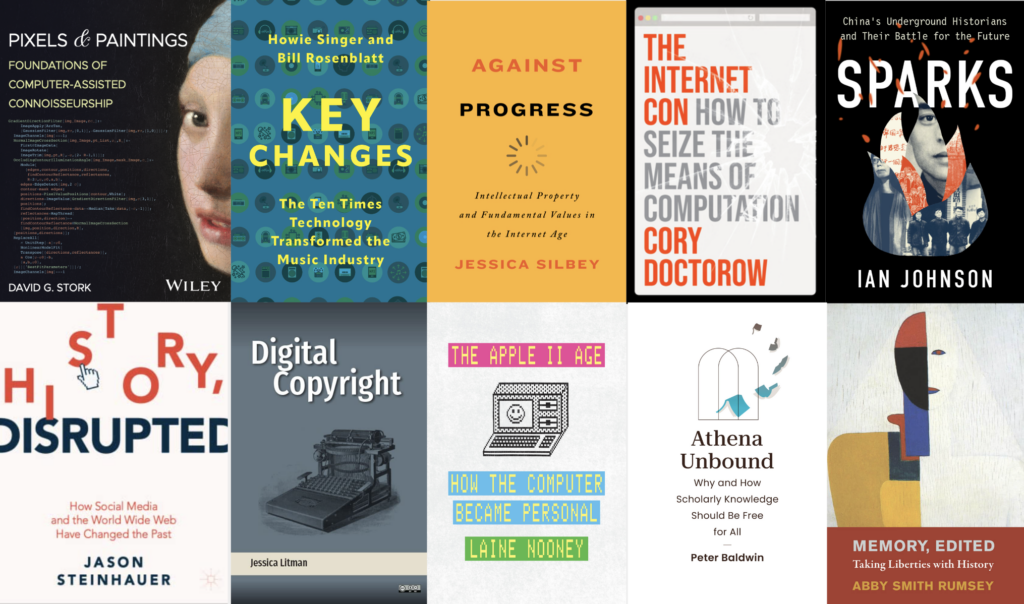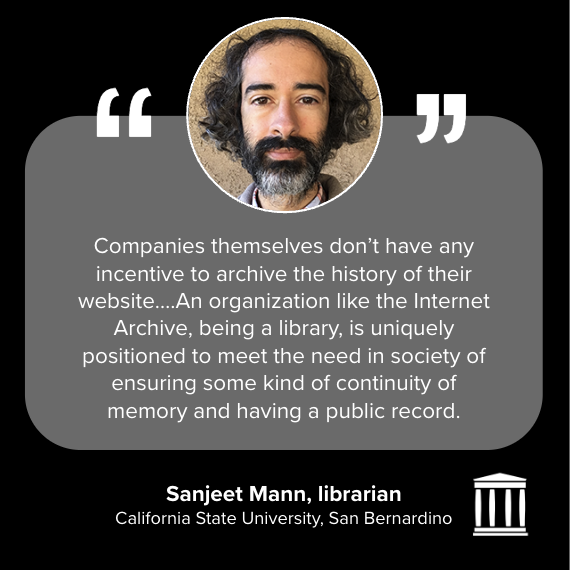After Laura Gibbs retired from teaching mythology and folklore at the University of Oklahoma, she wanted to continue sharing her love of storytelling with digital learners everywhere. Following her own passion for making folk stories as accessible to all as possible, she began volunteering with a nonprofit that produces free audio books for the public.
Gibbs, who now lives in Austin, devotes one to two hours each day to recording and reviewing audio for LibriVox, a volunteer community of readers who record free public domain audiobooks. Her most recent project involved finding folktales, fairy tales and mythology in the Internet Archive that were recently released into the public domain to compile an anthology, “Tales from 1928,” available to read at Internet Archive or listen via LibriVox.
Gibbs selected short stories from 20 books that were published in 1928, as those works are now in the public domain in the U.S. and can be shared, remixed and reused without copyright restrictions. In curating her collection, she was thoughtful about how to remix the creative works in a package that would appeal to listeners.
“The variety of folktales and fairy tales in the world is just enormous. So many think it begins and ends with the Brothers Grimm,” said Gibbs, of the German folklorists. “My number one goal was to have worldwide coverage—stories not just from Europe, but also from Africa, the Middle East, South Asia, East Asia, and the Americas.”
Overall, Gibbs has recorded nine books of African folktales with more than 200 stories available for listening here.
Gibbs also wanted stories with accessible language—not too many old fashioned “thee” or “thou” references. Once she decided on the line up, she invited people to record each story, and was pleased with the response from new and experienced readers to volunteer for the project.
In addition to producing the anthology, Gibbs “proof listens” to book chapters by other readers before they are shared with the LibriVox community. The work involves careful attention to detail—listening for background noise (a car honking, phone ringing, etc.) or misspoken words. Gibbs flags the noise by marking the exact time, which she then reports back to the readers for re-recording.
Gibbs said she’s enjoyed the range of materials she gets to review. “It’s fun discovering weird, random stuff in the public domain,” she said. Her proof listening projects are listed here.
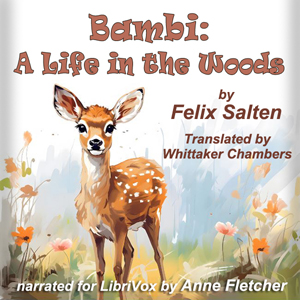
Recently, Gibbs proof listened to the English translation of the 1928 classic, “Bambi: A Life in the Woods,” by Felix Salton, translated by Whittaker Chambers. “The book is fantastic, and the reader is the best…she performed all the different voices of the animals and even the individual fawns,” she said. “If anybody wants something beautiful and inspiring to listen to, it’s now available at LibriVox and also at the Internet Archive, where LibriVox hosts all its audio files.”
Gibbs plans to continue creating audio folktale anthologies by year. She’s already started on works from 1927. She added: “For the rest of my life, we are going to have new content entering the public domain, year by year, so I’ll keep going.”
For more on Gibbs’s curation of African folk tales see: Library as Laboratory Recap: Curating the African Folktales in the Internet Archive’s Collection | Internet Archive Blogs
For more on the public domain works from 1928, see: Public Domain Day Celebrates Creative Works from 1928 | Internet Archive Blogs
